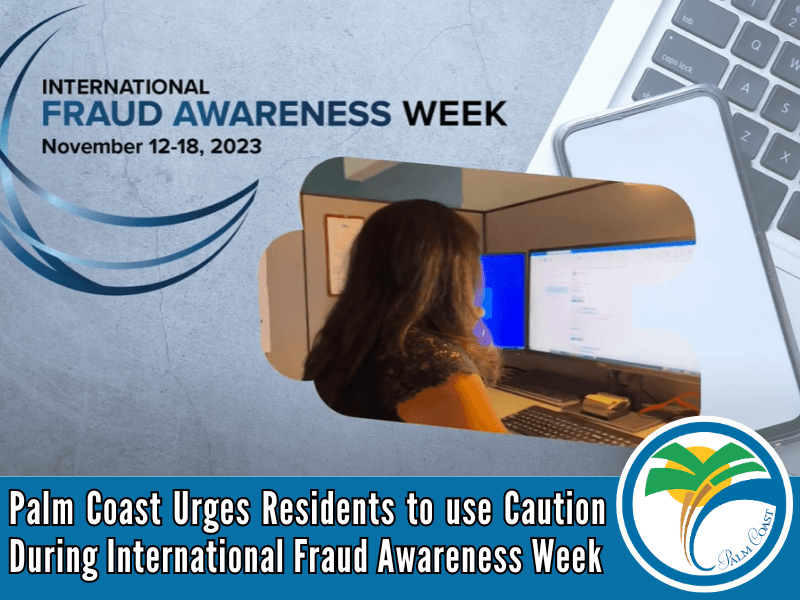The new frontier in online security: Quantum-safe cryptography

A team of experts led by Monash University researchers, in collaboration with Australia’s national science agency CSIRO, has created an algorithm that can help strengthen online transactions that use end-to-end encryption against powerful attacks from quantum computers.
Cryptography researchers from Monash University’s Faculty of Information Technology and CSIRO’s data and digital specialist arm Data61 have developed the most efficient quantum-secure cryptography algorithm, called “LaV,” to enhance the security of end-to-end encryption, with potential application across instant messaging services, data privacy, cryptocurrency and blockchain systems.
End-to-end encryption is a way to secure digital communication between a sender and receiver using encryption keys. Mobile messaging services like WhatsApp and Signal use end-to-end encryption so that no one, including the communication system provider, telecom providers, internet providers or hackers can access the information being transmitted between the sender and the receiver.
It would take millions of years for a normal computer or even a supercomputer to hack into and gain access to data protected by end-to-end encryption. But a large-scale quantum computer could break current encryption within minutes and gain access to encrypted information more easily.
Lead researcher of the collaborative quantum security project, Dr. Muhammed Esgin, said the new cryptography tool will help make end-to-end encryption more secure, so online services can withstand hacks or interference from the most powerful quantum computers in the future.
“While end-to-end encryption protocols are quite well established and are used to secure data and messaging in some of the most popular instant messaging applications across the world, currently they are still vulnerable to more sophisticated attacks by quantum computers,” Dr. Esgin said.
“This new cryptographic tool can be applied to various mobile…



